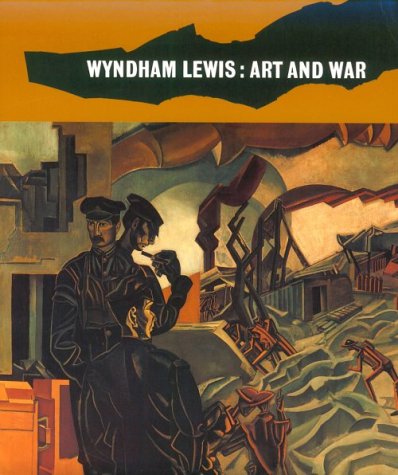Equally talented as a writer and painter, Wyndham Lewis (1882-1957) was one of the most innovative and controversial artistic figures of twentieth-century Britain, renowned as the driving force behind Vorticism, the avant-garde movement that flourished in London before the First World War. This book-the first critical overview of the visual, literary, and philosophical dimensions of Lewis's works-is also the first study to consider them as an integrated whole.
Lewis the painter was an early pioneer of abstraction, and as a war artist he adopted the vocabulary of Vorticism to convey the grim struggle of the Western Front. For the rest of his career he moved at will between abstraction and representation in imaginative works, incisive life drawings, quasi-metaphysical history paintings, and portraits (most famously of the other "Men of 1914," Ezra Pound, James Joyce, and T. S. Eliot). As a writer, Lewis produced abrasive satirical novels, short stories, and "theological fantasies" as well as powerful cultural and political analyses. Through detailed but accessible commentary Paul Edwards traces a coherent pattern in Lewis's bafflingly diverse work and shows its centrality to a full understanding of Modernism. He also discusses Lewis's Fascist sympathies in the 1930s, his dissociation from Fascism after 1937, his self-imposed exile in Canada during the Second World War, and the radical reevaluation of his life and intellectual commitments in his final novels.
- ISBN10 0853316112
- ISBN13 9780853316114
- Publish Date 4 June 1992
- Publish Status Out of Print
- Out of Print 18 November 1997
- Publish Country GB
- Imprint Lund Humphries Publishers Ltd
- Format Paperback
- Pages 140
- Language English
